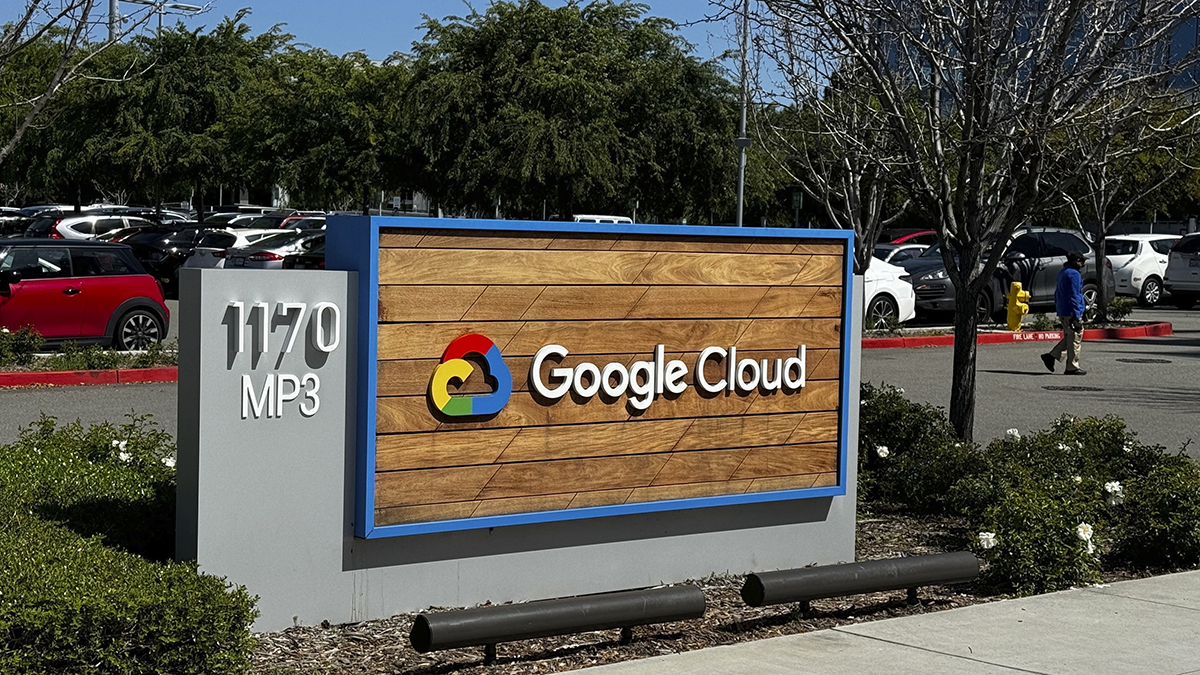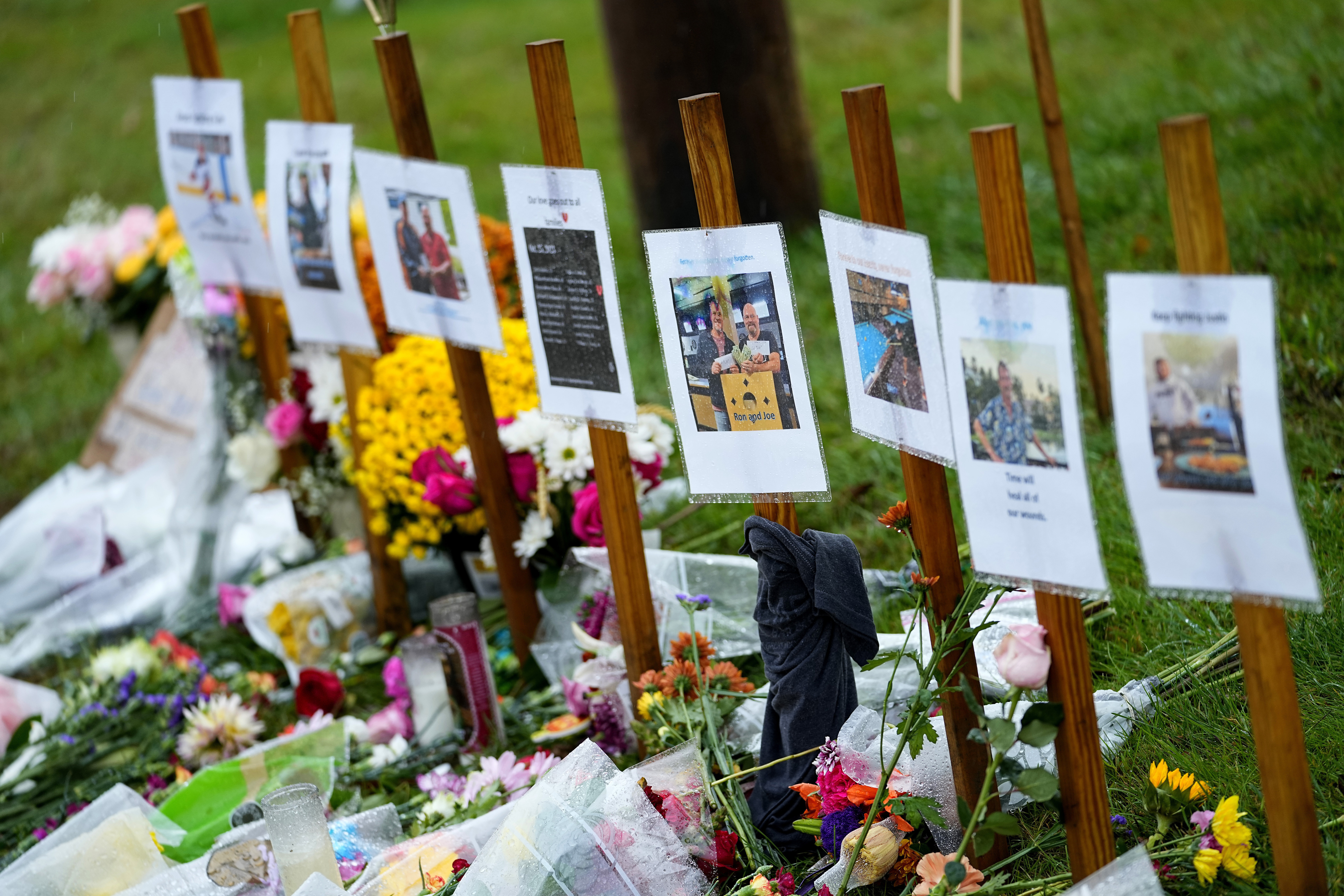The film noir has the femme fatale; the modern romantic comedy has the sardonic best friend. For every genre there is at least one stock character, and for reality-competition shows with judging panels, it is the Mean British Person. And the reason is simple: Simon Cowell, who turns 50 on Oct. 7.
Why does "America's Got Talent" have Piers Morgan? Why did "American Inventor" have entrepreneur Peter Jones? Why does "So You Think You Can Dance" have Nigel Lythgoe (who isn't as mean, but still)? Why does "Top Chef" have Toby Young?
Simon, Simon, Simon, and Simon.
During his tenure on "American Idol," Simon has introduced and perfected the idea of the Mean British Person, and now that person is with us as surely as Barbara Stanwyck and Judy Greer are with us in their respective niches. Others compete, but Simon is the MVP of MBPs.
The question is this: Why is Simon Cowell so much better at being the MBP than anyone else? What is his special touch? Simply put, his special touch is being right, and he planned it that way.
"American Idol" builds its shaky foundation on the idea that it searches for the most talented young singers in the country. But Simon admits as a judge what he officially conceals as a producer and promoter: most of them aren't very good, and even the ones who aren't bad are rarely special.
He knows how the show works. He knows how good, or bad, the singers are. He knew when starting the show that the audition rounds would include a lot of terrible trainwrecks. Thus, in his savvy, brush-cut manner, he staked out the only position that would allow him to consistently tell the truth, which was being the mean one. It is cynical. It is genius.
U.S. & World
In the audition rounds especially, he is the single voice of reason. Those who are terrible hear that they are terrible, that they are untalented, and that they should stop singing forever. Those who are at the top of the pile usually hear something no more enthusiastic than, "You're quite good." Simon's judging scale at that point in the season runs from about a negative 30 to a positive six and a half.
Furthermore, he isn't compelled to fawn, because until late in the season, he usually leaves the empty hype to the other judges. They create all the artificial excitement that the show needs to convince you that someone who may very well never produce a decent album is, in fact, a major artist of the future. Kara DioGuardi is the one who tells Adam Lambert — after seeing him perform only a few times — that he's a "rock god." Simon would never be caught saying something so absurdly premature.
Mean? He's just reflecting reality
Being the mean person, on "Idol," simply makes you meaner than the other judges, who have to praise so-so karaoke performances. If you reflect reality, you are "the mean one." That's where Simon has positioned himself. He gets to be right; he gets to say what the audience is thinking, which is, "Most of these people aren't very good, if you're judging them on their actual singing."
It's not that he never gets excited. He can gush, he can declare early frontrunners, and he can claim to see likability where none exists. But for the most part, Simon buys himself credibility by being the only one who isn't charged with creating false excitement.
He also shows much more understanding of how voting actually works than the other judges will ever publicly acknowledge. He will acknowledge pity voting, voting based on looks, or sometimes — in a way that's rather withering — he'll say, "I think America will like you." Simon will tell a contestant that a performance was not bad but will be forgotten, and he's usually right.
There have been contestants about whom he's completely missed the boat — like many other observers, he didn't see last season's champion, Kris Allen, coming at first. But very often, he gets what the appeal of a particular contestant is going to be, and he gets it early. Since people who vote make up a small minority of people who watch the show, scoffing at the voters works for both those who vote and those who don't — it motivates the voters to prove he's wrong, and it tells the non-voters that he's just as frustrated by stupid fan voting as they are.
He's not above missteps. There are times when his overdramatic pronouncements cut against the image of above-it-all cool he tries to convey. When he intentionally draws out those "I have to agree … with … RANDY!" proclamations, he slips from his perch for a moment and becomes a game-show huckster, a role he usually is very good at avoiding.
Simon's influence is now felt from the cheapest reality shows to the ones — like "Top Chef" — that fancy themselves a little more touched by class, but his work is hard to duplicate. Toby Young tends to seem preoccupied with his own cleverness; Nigel Lythgoe's heart isn't in it, so he's mean half the time and soft the other half. Nobody else has quite figured out yet how being the MBP works, but most of the shows try.
It's hard to be Simon Cowell. Most imitators fail. But don't feel bad: he's been doing it for 50 years.
Linda Holmes is a frequent contributor to msnbc.com



